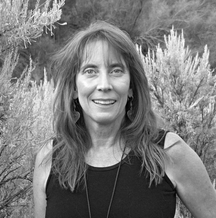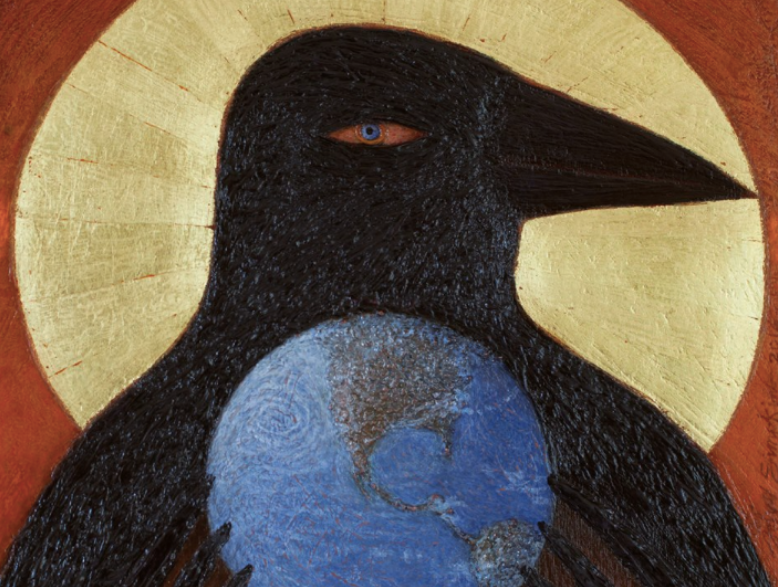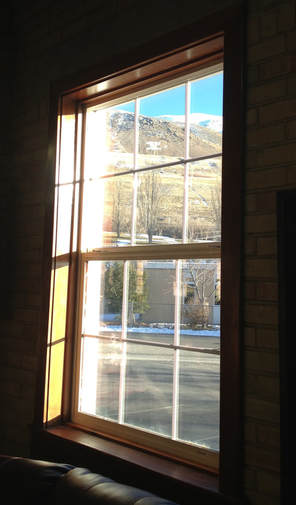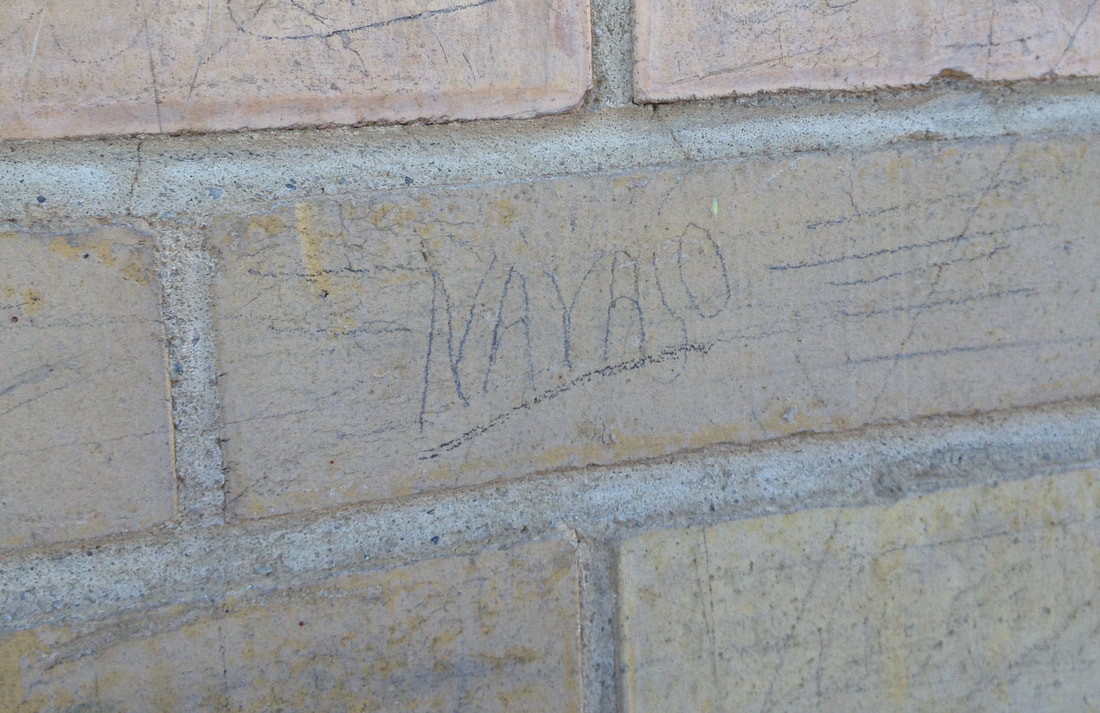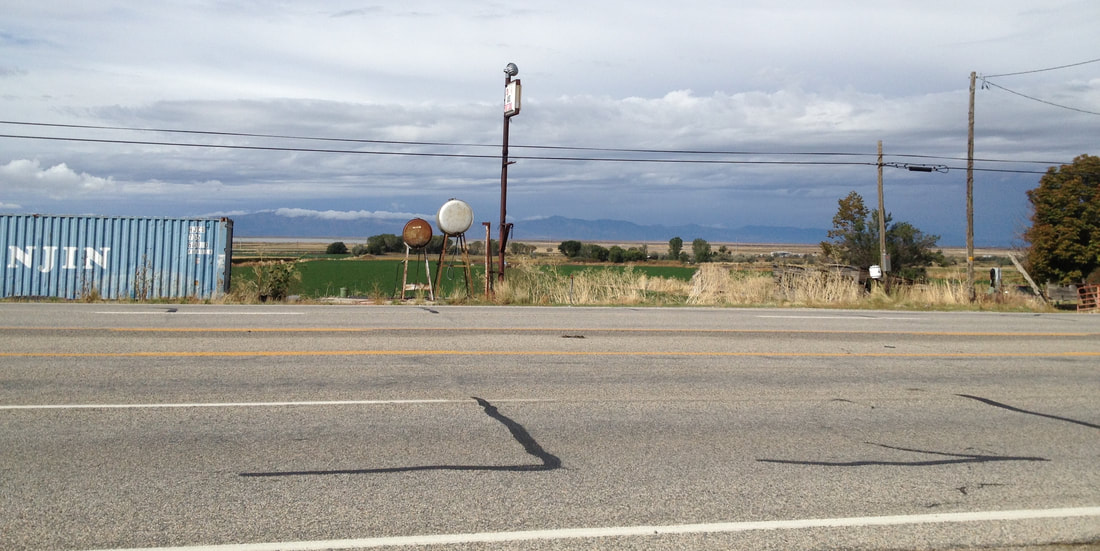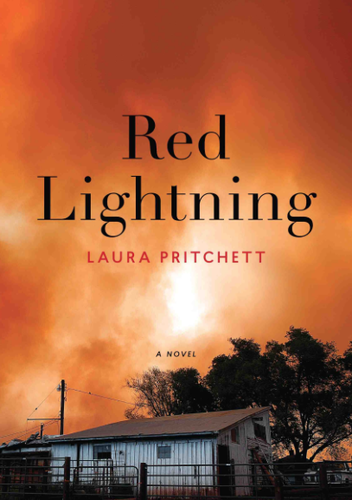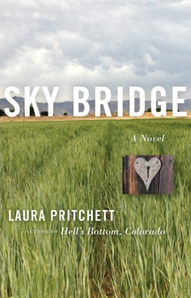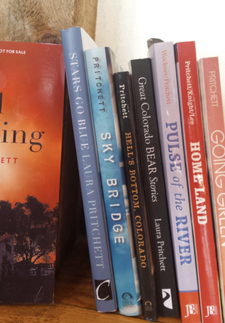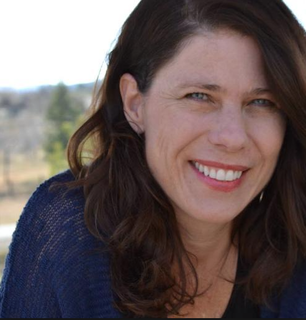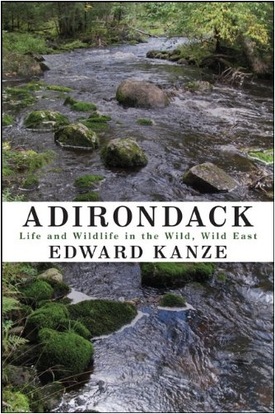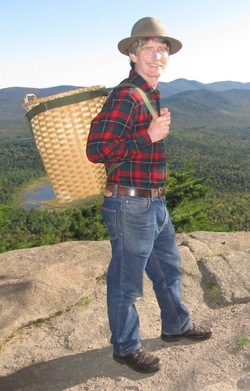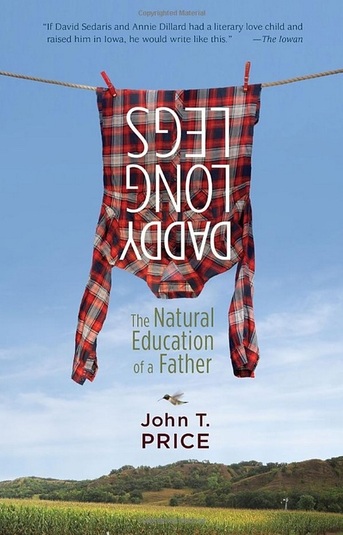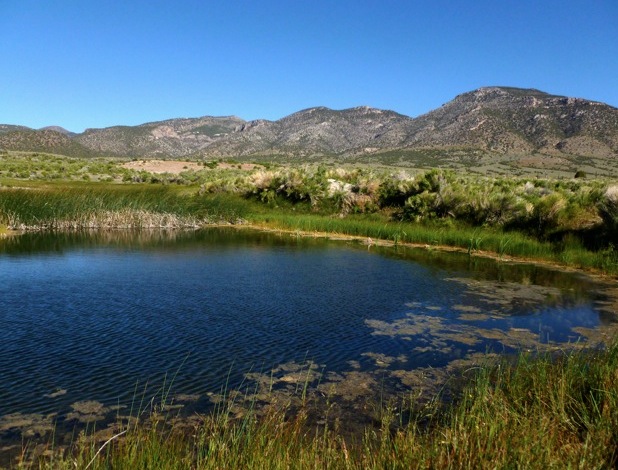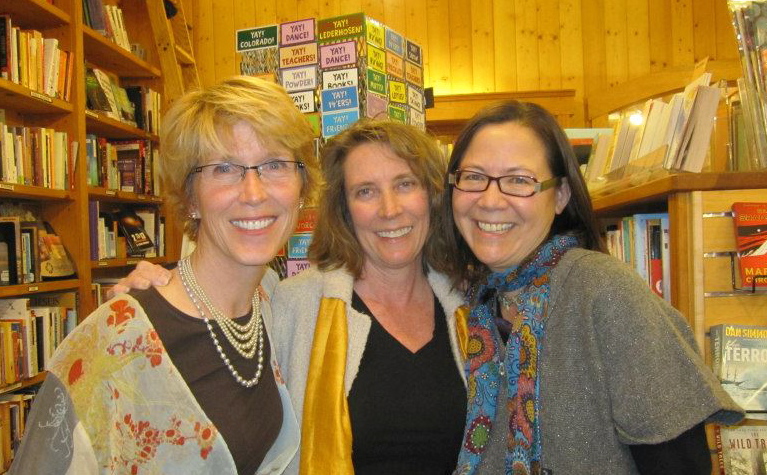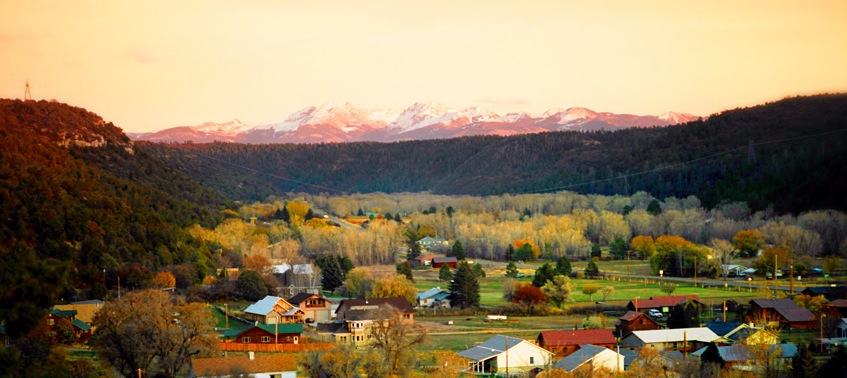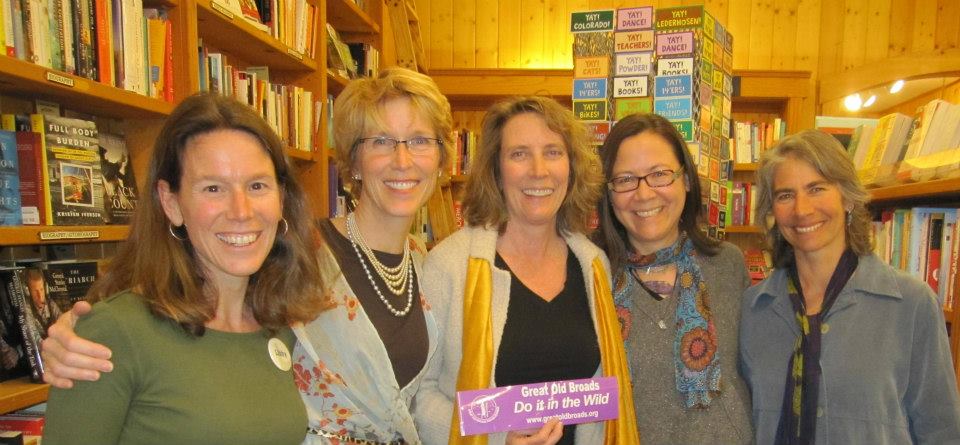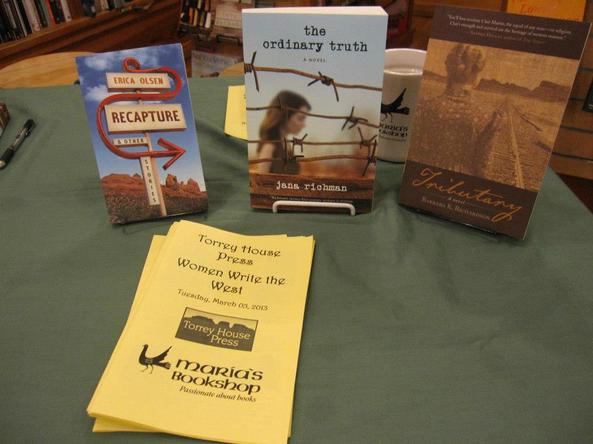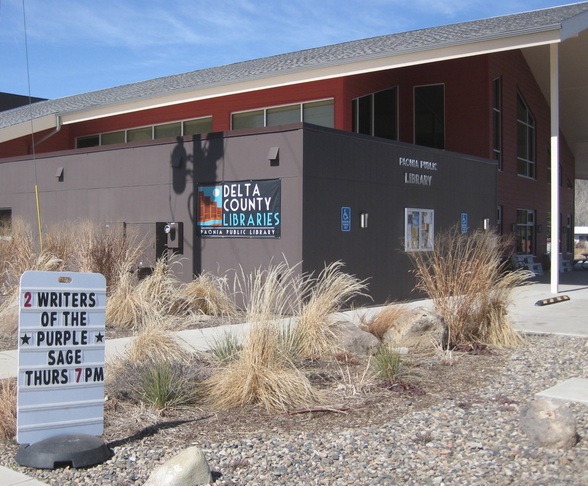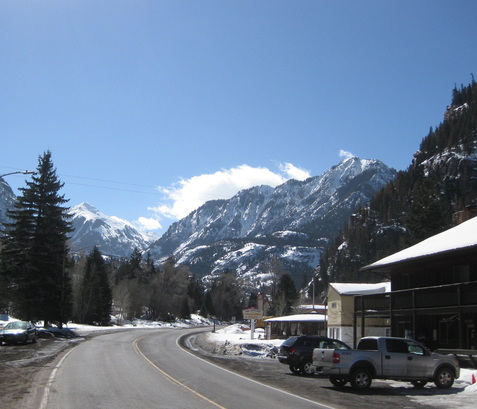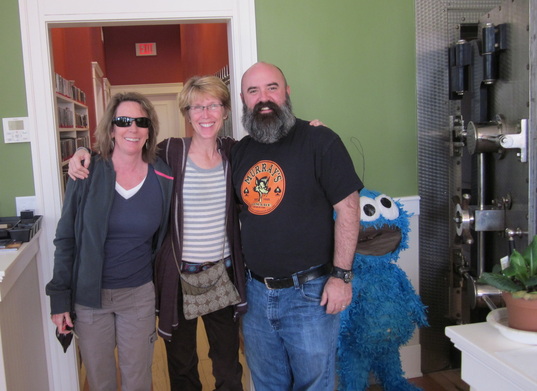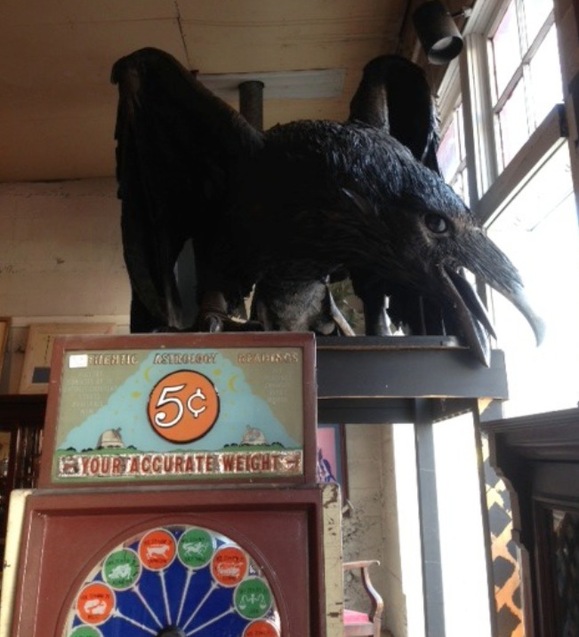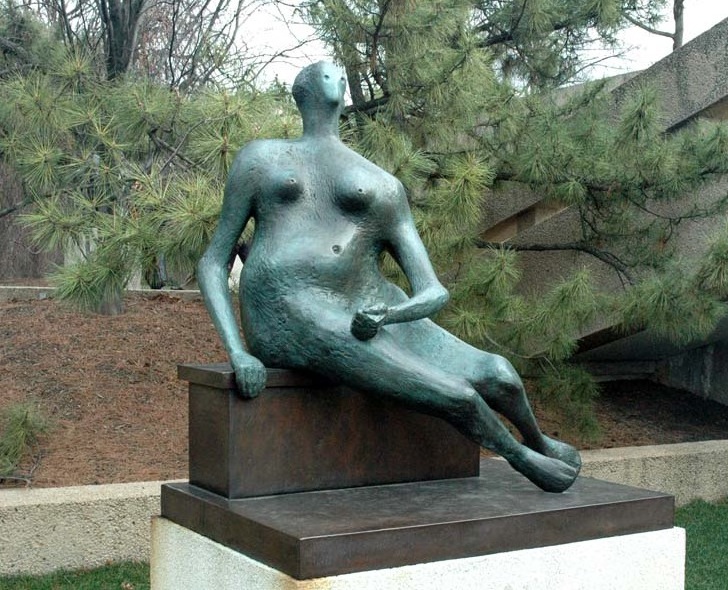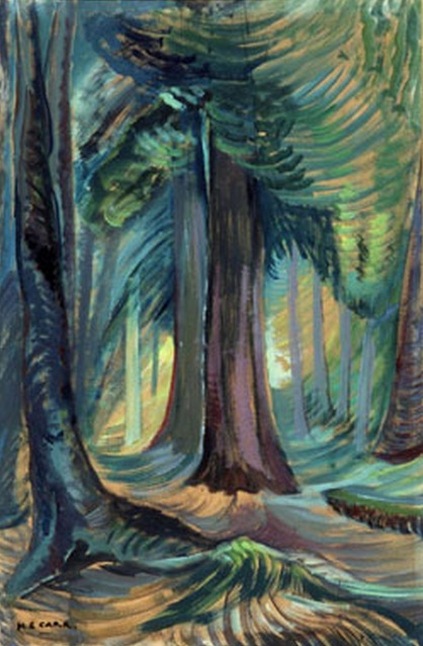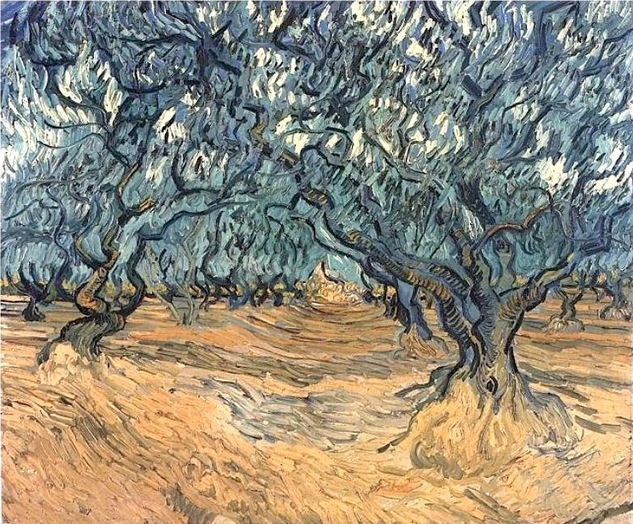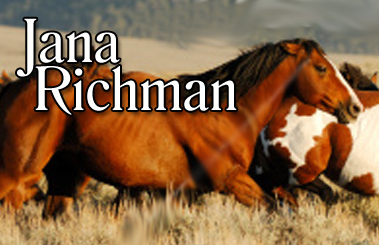My 15 Bytes review of Jana Richman's powerful new book of essays. You'll want to slip Finding Stillness into your pocket or a backpack and take it with you everywhere.

For those who want to open life’s envelope rather than pass it on sealed, you will find no better companion than Jana Richman. Her new book of essays, Finding Stillness in a Noisy World, provides soul food for end times. Couldn’t we all use a dose of soul food right now?
A sixth-generation Utahn and a gifted writer, Richman has given us four books rife with pleasure and trouble. She dares to take her seat right in the middle of conflict. Her novels (The Last Cowgirl and The Ordinary Truth) explore the particularities of family drama in times of drought, both emotional and environmental. Her memoir Riding in the Shadows of Saints simply claims the entire scope of Mormon history, on a solo motorcycle tour. In her new collection of essays, published by University of Utah Press, Richman’s voice holds such assurance and humility, the reader can relax and relent and recall what it is to be thoughtful in and about one’s place.
These are certainly not namby-pamby essays. A stubborn rancher’s daughter, Richman lives by choice in Escalante where Bill Clinton was burned in effigy on Main Street after Grand Staircase-Escalante National Monument was born.
| She writes eloquently of what the locals there are losing as times change and jobs end and newcomers bring new ideas to rural life. She says of the desert that she calls home: “It never gets old; it never gets easy; it never stops breaking my heart.” Continue reading . . . |
